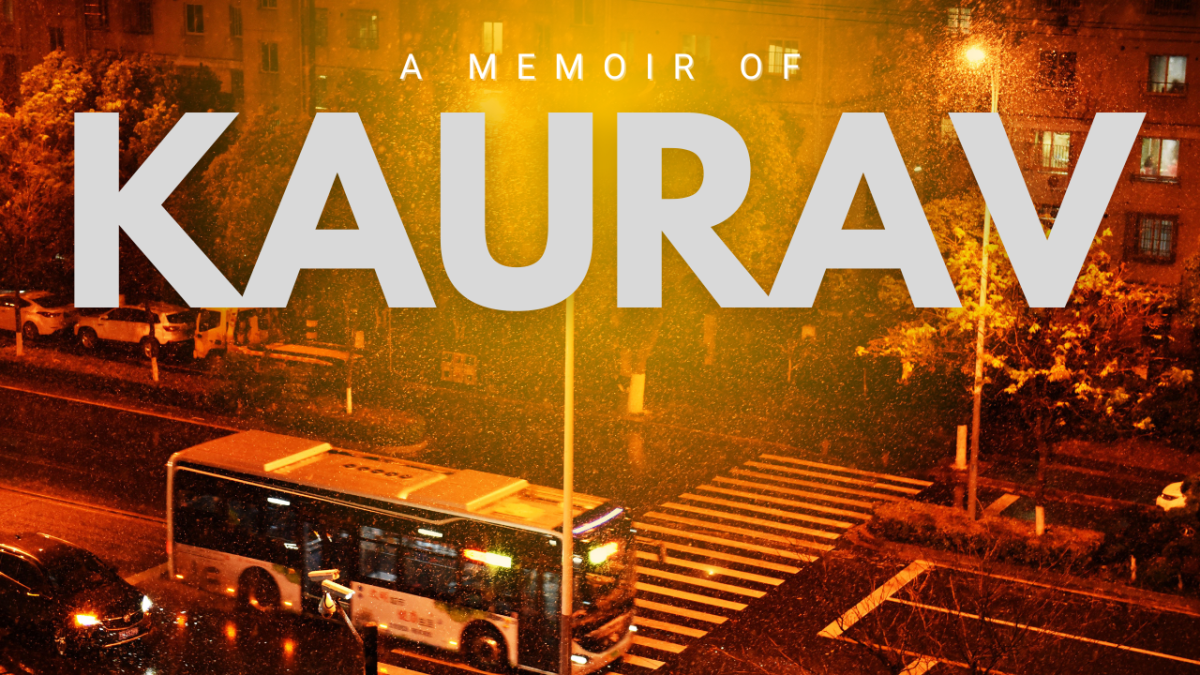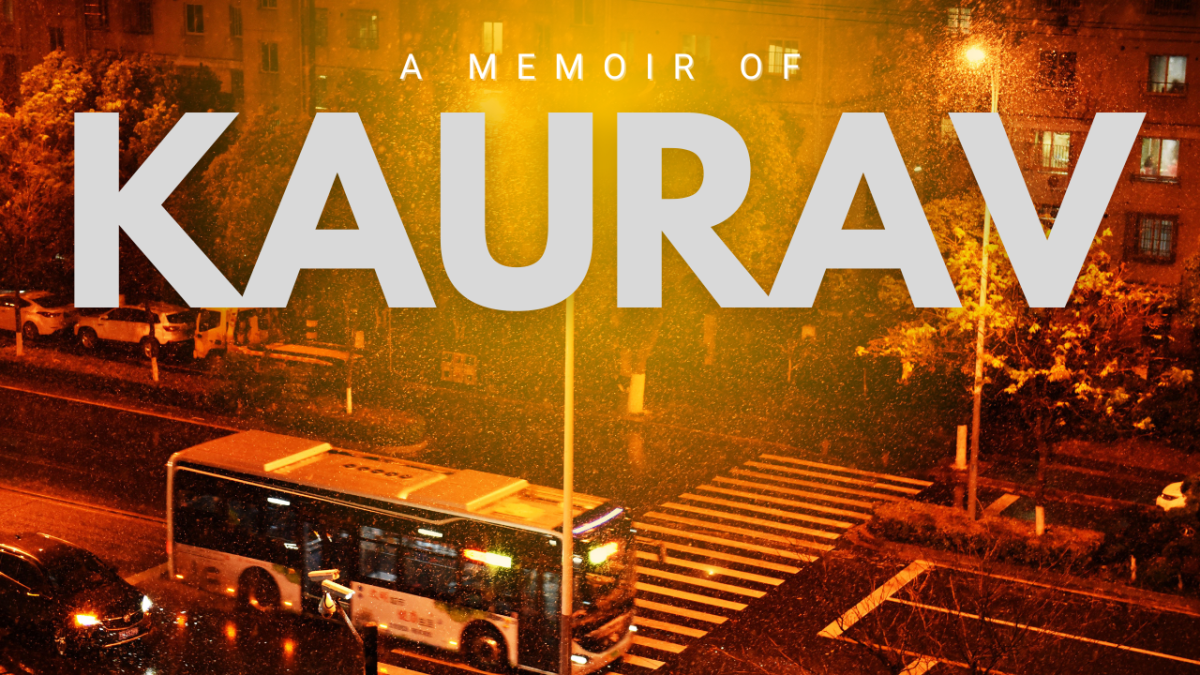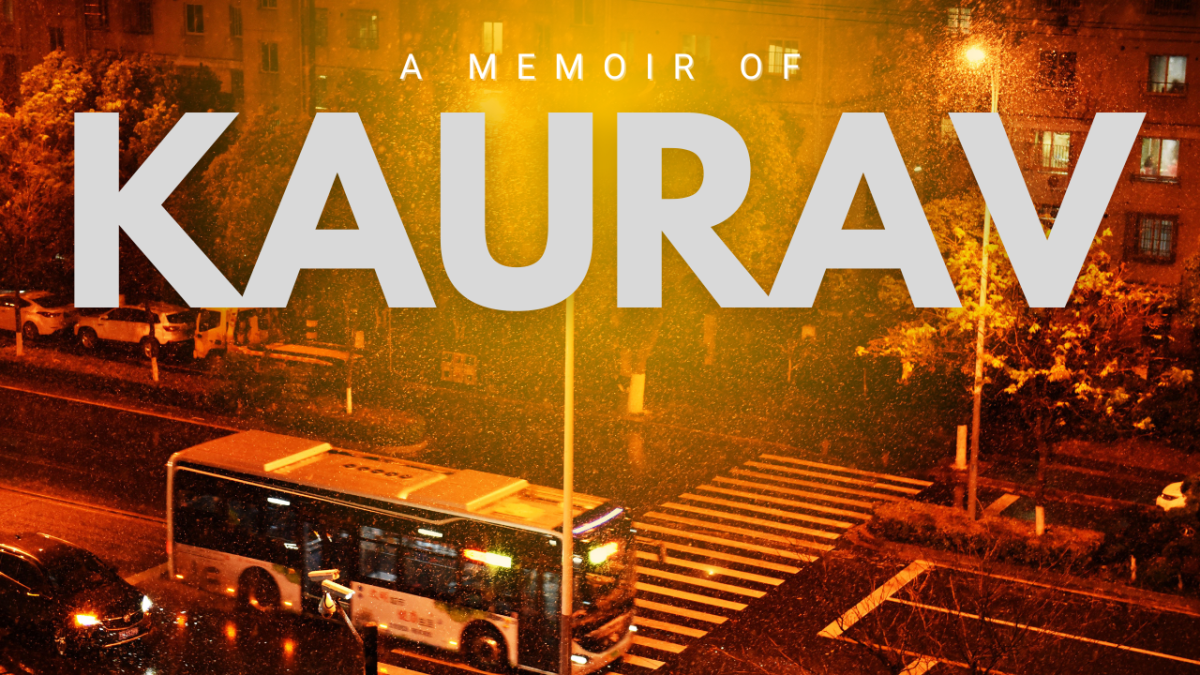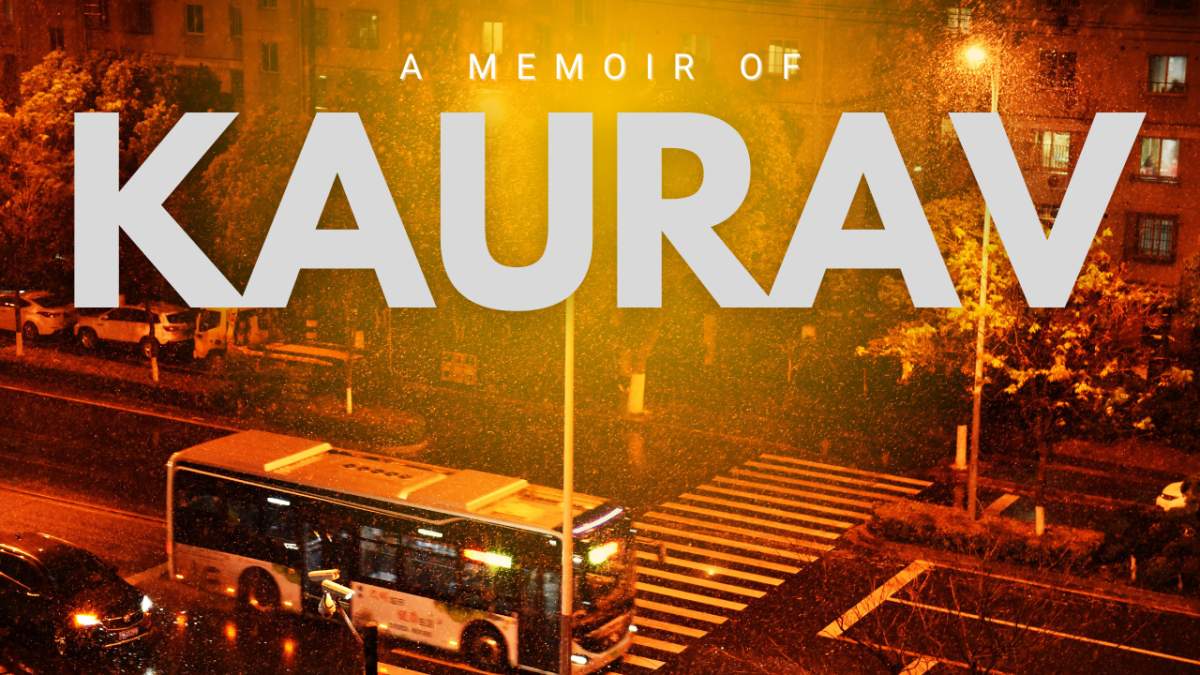Chapter 10: Hansadhwani at Two AM
Kaurav belonged to the first generation of this millennium to witness revolution centered on agricultural land. His English teacher had observed: "Like 1947, this too is just a transfer of power, not revolution." Now, on this 16th of February 2014, the observation felt prophetic.
The members of the march against the Nandigram massacre had divided into two groups. The first—lifelong CPIM supporters who had received government grants—refused to acknowledge the new government's authority. The second—those who had contributed to theater but received almost nothing—watched their senior members use influence to secure positions: Railway Passenger Service Committee members, Theater Academy chairs, elected ministers and MPs.
The first group questioned the second's ethics. The second retaliated below the belt, claiming the first lacked ethics altogether. But this wasn't group theater; it was corporate theater, where friendships and enmities were never permanent.
The situation bewildered Kaurav. He remembered visiting Chorus Repertory in Manipur, seeing more administrative files than plays. Initially puzzling, it later explained the divide between rural and Kolkata theater in West Bengal. Why some received eighteen salary grants while others remained ignorant of the system. Why proper administration and parliamentary representation seemed necessary for effective management.
Roni-da and Subrata Bose had understood this before him. Politics pervaded everything.
Kaurav had never intended to organize. His entry into theater had been driven by artistic passion; he considered himself an outsider. The unfolding events suffocated him, made him acutely aware of how slippery the organizational ladder was, how moss-covered time had become. Sleepless nights left him irritable, his throat parched.
Suddenly, he noticed the silence. The bus continued moving, tires scraping asphalt, but the Bollywood melodies the driver had been playing were gone. He couldn't recall the last song. Despite being enveloped by sound, the silence now felt unsettling.
He looked ahead to find Sushrut-da pulling out his sarod three rows forward. Kabir, the flutist, closed a window, making space for Sushrut-da to sit alone with his instrument. Binoy-da brought out his pakhawaj. Tanmoy started playing as well. Saurav, knowing the esraj wouldn't work on the bus, assumed the role of listener.
Sushrut-da tuned his instrument and began. It was 2 AM. To awaken Hansadhwani at such an hour seemed premature, but the raga emerged nonetheless, filling the bus with something older than politics, older than betrayal.
On Roni-da's advice, Kaurav had recently started learning dhrupad. He hadn't mastered ragas yet, relying on Kabir—four years older but a close friend—to identify them. But recognizing Hansadhwani posed no difficulty; he'd been hearing it daily for two months.
For an hour and a half, they played uninterrupted: Hansadhwani, Desh, Durga. Nobody seemed to notice Kaurav's presence, assuming he was asleep or simply not thinking of him. He wasn't troubled by this invisibility. In the corporate theater of daily life, being overlooked felt like a small mercy.
But when Sushrut transitioned into Desh, emotion overwhelmed him. The raga carried something he couldn't name—longing, perhaps, or recognition of what was being lost in all these calculations of grants and positions and loyalty. In that moment, he wished to retreat into a rabbit hole, hiding in the jungle away from familiar faces, just for a while.
The music continued, indifferent to his turmoil. Desh flowed into Durga, and Durga back toward silence. Outside, Karnataka passed in darkness. Inside, the bus carried its cargo of artists and administrators, revolutionaries and pragmatists, all bound together by the accident of shared destination and the deeper accident of shared calling.
The sarod sang of things that had no committees, no grants, no organizational ladders. It sang of the reason they had all entered this world in the first place, before they learned the price of idealism, before they discovered that even revolution was just another form of theater, with its own costumes and stage directions and inevitable cast changes.
Kaurav closed his eyes and let the music wash over him, carrying him toward sleep, toward dreams where artistic passion existed without compromise, where outsiders could remain outside, where the moss-covered ladder led somewhere worth climbing.




Comments (0)
Rate this Article
How do you feel about this article?
Comments (0)
No comments yet
Be the first to share your thoughts!
Join the Discussion